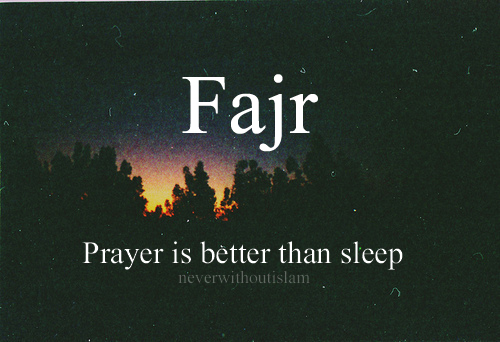ABDULWAREES SOLANKE
08090585723
In literatures of modernization and development from the West, the Islamic World was often stigmatized as crude and barbaric, unstructured and uncultured. On the other hand, in the perception of Muslims, the West, had undergone renaissance, was a world that abandoned guidance and lapsed into the modern jahiliyyah, ignorance. While the West was basking in the euphoria of its so called age of learning, the Muslim East was luxuriating in its own enlightenment (I call this Islamiqueness) derived from the legacy of Islam.
But what the Muslim East did not take into account was that at the height Islamic enlightenment and civilization, muslims could also lapse into a paradox of light and learning when thnurtured can be overtaken another phase of darkness and ignorance or it becomes a victim of plenty when those who are blessed waste their gifts because they did not appreciate what they have. This is the case of the Muslims of Arabia, South Asia and even Eastern Europe when they began to slip into some slumber or negligence when they reached Utopia. I think this is arrogance on their part, and stupidity too, to forget where they came from, jahiliyyah before they were blessed with the light and guidance of Islam because Islam is a favour and mercy from above which liberate man from slavery of ego and bondage of superstition.
The Muslim world had attained the universalism of the caliphate in what is now championed as globalization today. In the Ottoman Empire for instance, the Caliphate was a world government where the order of the Sultan in Constantinople could take effect in Cairo. At the height of muslims power which had reached the heart of Europe (Andalusia, Spain was actually an Islamic centre of learning with the most advance architecture), Islam was perceived a threat to the West. But the muslims had also, in some lascivious indulgence, began to show some cracks in the beautiful edifice constructed with the instrumentality of the Islamic order. As moral deterioration set in for the Ummah, muslims might waned and strength of unity balked. It took the Western political, military and diplomatic strategists the simple tactics of playing brother against brother, divide and rule for the imperial West to smash the caliphate and split the ummah into pieces. Few years after the end of the First World War, the empire of islam had collapsed, with the active connivance of western powers. Turkey’s modernist leader, Mustafa Kemal Attarturk was the instrument for the demolition of Islamic edifice. But the colonialists had also dealt devastating blow to Muslim unity through the scramble and partition of the heartland of Islam in Arabia, Asia and Africa.





Leave a Reply